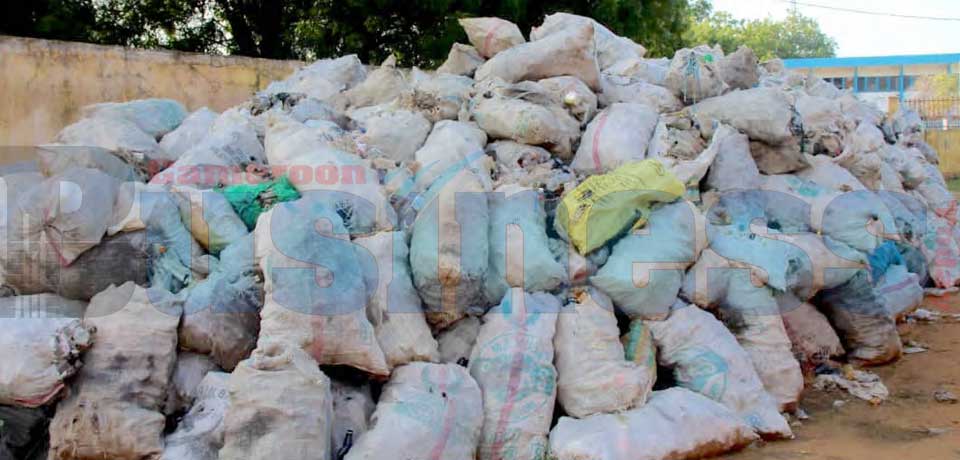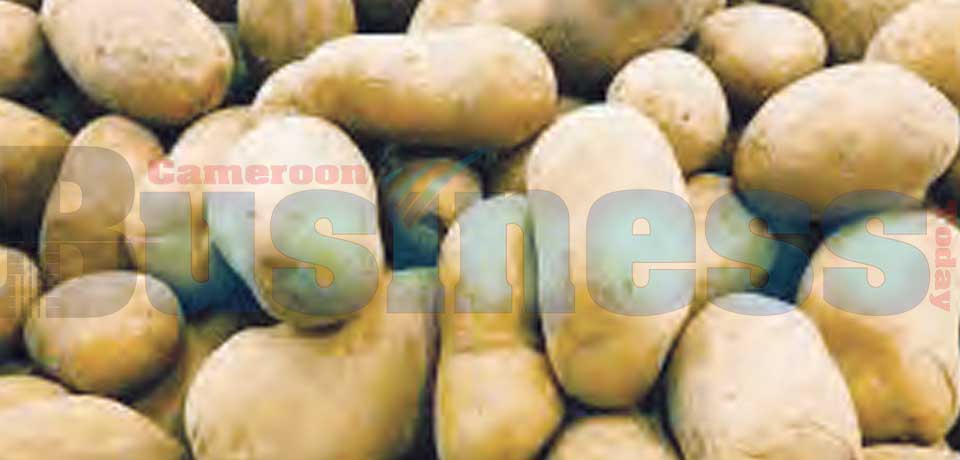African economies and African societies rely highly on agriculture. The continent’s estimated 33 million smallholder farms are key not just to food production, but also to the livelihoods of the many Africans whose work is linked to the agricultural sector African agriculture has shown promising signs of progress in recent years, with agricultural productivity increasing 13 per cent on average every year between 2015 and 2020. This trend coincided with better trade: Africa’s agricultural trade deficit fell by 26 per cent between 2015 and 2020, and certain processed agricultural commodities have gained global market share. Despite these gains, agriculture in most African countries is still characterised by smallscale, low-technology, rain fed farming. This leaves farmers and food production systems highly vulnerable to climate-related, economic, and other shocks. Small-scale agricultural production needs urgent attention and support, to improve food security and increase farmers’ incomes. An estimated 33 million smallholder farms populate the continent, providing a major source of food and livelihood to millions of Africans. Agriculture employs more than half of Africa’s workforce, and smallholder farmers constitute 60 per cent of the population in low- income African countries. Strengthening smallholder production will therefore play a central role in post-Covid-19 recovery efforts and more food security and resilience in Africa As the President of the African Development Bank Group, Dr Akinwumi A. Adesina noted in his preface on Feed Africa: Strategies for Agricultural Transformation in Africa 2016- 2025,” “It is time for Africa to feed itself. There is no reason for Africa to be a net food importing region, spending USD 35 billion annually on food imports. This is especially so because the continent has 65 per cent of the uncultivated arable land left in the world to feed 9 billion people by 2050. Unfortunately, African agricultural production gas remained stagnant despite the potentials. Traditional methods of production, aging farmers, climate change effects, lack of mechanized systems, poor irrigations, poor farm-to-market roads and inexistent transformative industry account for African agricultural woes. Africa is a major importer of wheat from Russia and Ukraine. Statistics show that 54.8 million metric tons of wheat were imported into the continent in 2020-2021. The war between Russia and Ukraine has highlighted how much of the world’s wheat supply relies on these two coun...
- Fil Eco
- Enquête de la semaine
-
Marchés & FINANCES
-
Marchés
-
Finances
-
-
Cahiers de l'entreprise
-
Catégories
-
-
-
-
-
- Made in Cameroon
- Débats et analyses
- World Business
















Commentaires